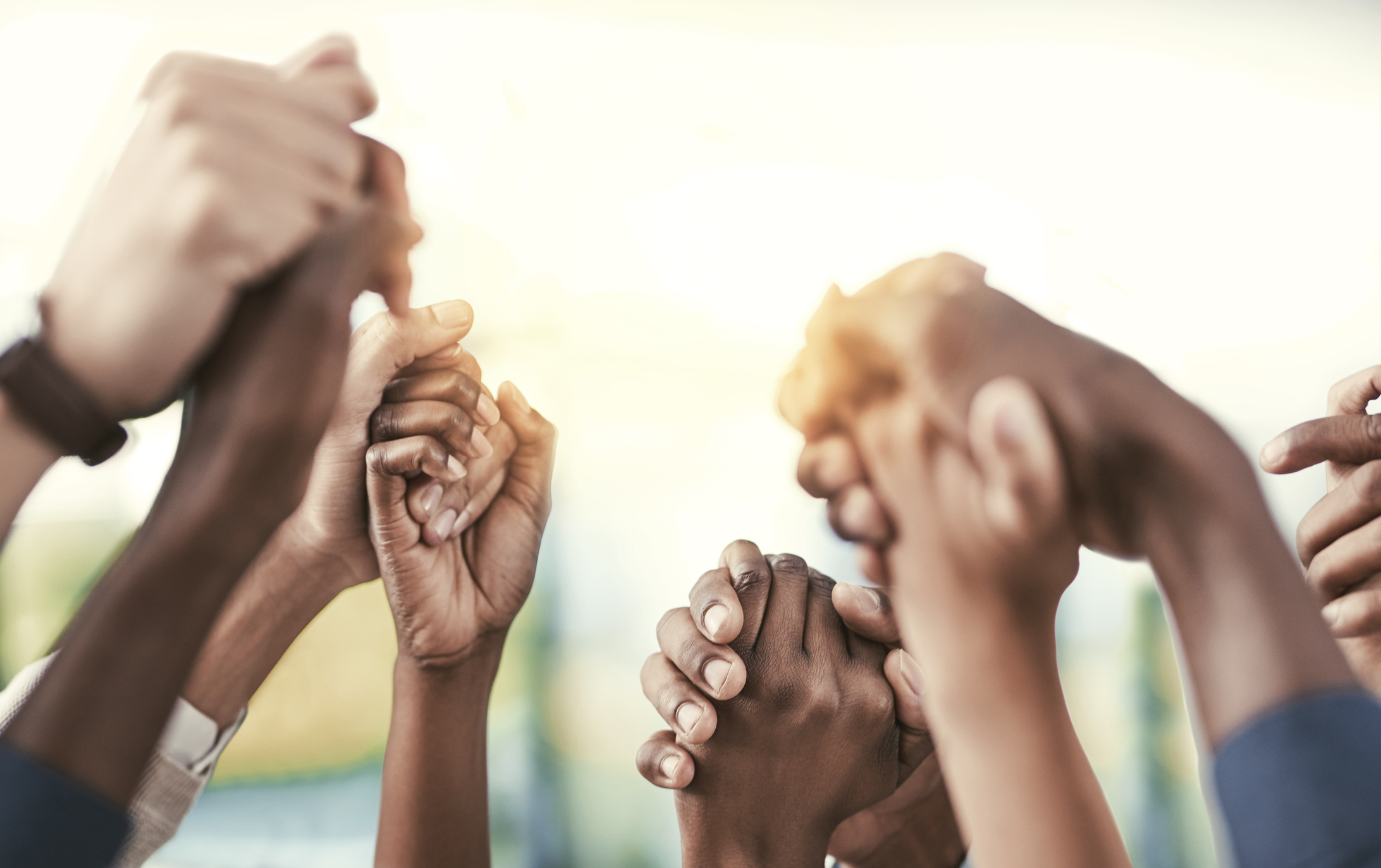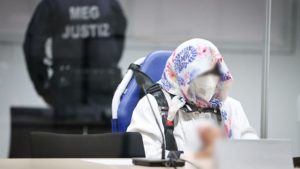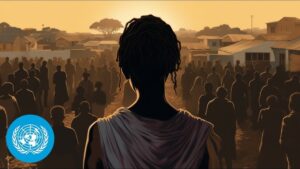Amid the dual pandemics of racist violence and COVID-19, leaders in the NationSwell Council have recommitted themselves to the fight against white supremacy. We’ve asked our members what resources have helped them support their BIPOC team members and stakeholders. Below is a running list of what they’re sharing, updated as they continue to share them.
The Opportunity Network’s Anti-Racism Resources and Tools
“The Opportunity Network is committed to our Active Core Value to Center Social and Racial Equity Relentlessly through our pedagogical practices, engagement activities, and programming. We recognize our country’s long history of structural oppression and deeply rooted racism and brutality, and have compiled the below anti-racism resources for our students, families, and fellow educators. We’d be happy to have information about these shared in the article NationSwell is posting on the website in May to support or inspire others to use their platform to speak out against racially based violence.
Zenit’s BIPOC Journal for Healing & Liberation
Member Alina Liao shares, “This journal has sections with guided prompts for processing racism and racial trauma, affirming our humanity and innate self-worth, deepening our connection with our ancestors, and taking steps toward healing and liberation.”
Journal for Aspiring White Anti-Racists
This journal guides aspiring white allies in doing the important reflection needed to unlearn old beliefs and learn new beliefs that advance racial justice and equity. Alina says, “I figure this can be something BIPOC folx share with white friends/colleagues who keep asking them, ‘What can I do?’ which can be quite tiring.”
A podcast episode on Octavia Butler and her Legacy, by NPR’s Throughline
Author Ramtin Arablouei writes, “What Butler saw in our future matters more today than ever. She saw a world headed toward collapse. She saw a Black, female prophet who understood that nothing was inevitable, that we have the power to change things and change course. On some level, as a 13-year-old, I understood that Butler’s work was not just a warning but also an invitation. It invites us to let go of the conventions that can lock us into a destructive future and to embrace our greatest power, to change. She introduces us to a humanist vision for the future that makes space for metaphysical spirituality without the need for a traditional, omnipotent God-figure… Butler, who died in 2006 at age 58. is remembered as one of the greatest American science fiction writers. As we celebrate Black History Month, we should also remember her as a prophetic visionary like so many before her. She imagined worlds like the one we are living in, but encouraged each of us to dream our own dreams and to respond to the fear of uncertainty with creativity and bravery.”
Vox, The History of Tensions — and Solidarity — Between Black and Asian Communities, Explained
An article explaining the history of how “white supremacy tried to divide Black and Asian Americans — and how communities worked to find common ground.”
Policing in America, by NPR’s Throughline
From NPR: “Black Americans being victimized and killed by the police is an epidemic. As the trial of Derek Chauvin plays out, it’s a truth and a trauma many people in the US and around the world are again witnessing first hand. But this tension between African American communities and the police has existed for centuries. This week, the origins of policing in the United States and how those origins put violent control of Black Americans at the heart of the system.”
Screams & Silence by NPR’s Code Switch
From NPR: “Asian American organizers and influencers have been trying to sound the alarm over a dramatic spike in reports of anti-Asian racism over the last year, and have been frustrated by the lack of media and public attention paid to their worries. Then came last week, when a deadly shooting spree in Georgia realized many of their worst fears and thrust the issue into the national spotlight.”
An artist whose art and activism has been shared on social media by has been shared on social media by Michelle Obama, President Joe Biden and Vice President Kamala Harris, Van Jones, Shaun King, Rihanna, Colin Kaepernick, Janet Jackson, Viola Davis, Jamie Foxx, Erykah Badu, Lupita Nyong’o, Kendrick Lamar, Tracee Ellis Ross, Ava Duvernay, Common, Simone Biles, Miley Cirus, Mark Ruffalo, Amy Schumer and many others.
An Artist Collective endeavoring to shine a light on amazing creatives within the Asian American and Pacific Islander community and fellow artists of color.
If you’d like to share a resource, please get in touch.




